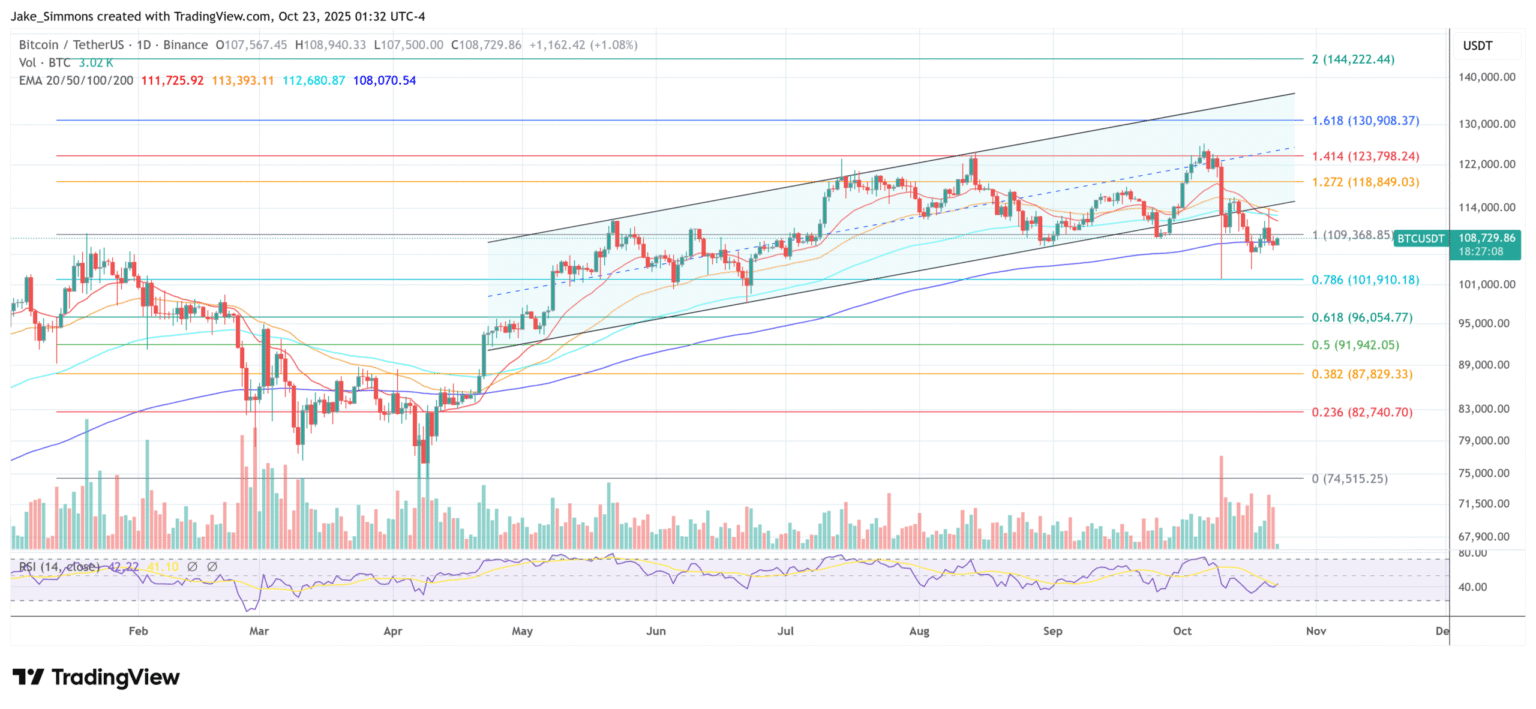In the ever-evolving landscape of financial technologies, Bitcoin remains a focal point of debate and fascination. Its promise of decentralized finance and digital autonomy conflicts with concerns about privacy and the obscured mysteries surrounding its creator, Satoshi Nakamoto. This duality is vividly illustrated by prominent public figures like Tucker Carlson, who highlight both the ideological allure and practical challenges of cryptocurrencies in today’s economic climate. As discussions intensify around Bitcoin’s roots and its future trajectory, understanding its complexities becomes crucial for anyone interested in the potential of digital currencies.
Unraveling the Mysteries and Debates Surrounding Bitcoin
The Skepticism Around Bitcoin’s Privacy and Control
Bitcoin, often heralded as a beacon of financial freedom, is embroiled in controversies regarding its privacy model. Despite the allure of financial autonomy, Bitcoin’s pseudonymous nature poses challenges. Tucker Carlson, speaking during his “This Is The Turning Point” tour, expressed concerns over digital surveillance, emphasizing the gap between Bitcoin’s original promise of anonymity and the surveillance potential inherent in digital transactions. He warned that digital currencies could become tools for totalitarian control, with the potential to restrict individual freedoms by manipulating financial access.
The Enigma of Satoshi Nakamoto
One of Bitcoin’s most intriguing aspects remains the mystery of its creator, Satoshi Nakamoto. Carlson’s conjecture about Nakamoto’s identity, suggesting possible links to the US intelligence community, adds another layer of intrigue to the cryptocurrency’s narrative. This ambiguity poses a significant risk for investors wary of the vast supply of dormant Bitcoin potentially influencing the market. Carlson’s skepticism highlights the complexities investors face when foundational elements of an asset remain unresolved.
Youth Economics and Cryptocurrency
Carlson also touched on the broader economic backdrop, attributing part of Bitcoin’s allure to younger generations’ quest for economic opportunity amid challenging job markets. While he expresses hope for cryptocurrency as a vehicle for financial mobility, he cautions against the potential for exploitation by financial and political entities that could co-opt these technologies for control rather than empowerment.
The Traditional Appeal of Gold
Contrasting his views on cryptocurrency, Carlson voiced his preference for gold as a reliable investment, reflecting a traditional approach favoring tangible assets. This stance underscores a conservative investment philosophy, prioritizing assets that align with one’s understanding and expertise.
Is Bitcoin Truly Anonymous?
Despite common misconceptions, Bitcoin is not entirely anonymous. It is more accurately described as pseudonymous, with all transactions recorded on a public ledger accessible to anyone with internet access. This transparency, while ensuring transaction integrity, also allows for a degree of surveillance and tracking.
Can Bitcoin’s Origins Impact Its Future?
The unknown identity of Satoshi Nakamoto and the large supply of unmoved Bitcoin remain sources of speculation and concern. Should these coins enter circulation suddenly, they could potentially disrupt the market, influencing prices and investor confidence.
What Are the Risks of Digital Currencies Beyond Bitcoin?
Digital currencies, while offering convenience and efficiency, carry risks tied to privacy, governance, and control. The ability to programmatically manage financial access raises alarms about potential misuse by authoritarian regimes or centralized authorities.
How Does Regulatory Uncertainty Affect Bitcoin?
Regulatory ambiguity remains a significant hurdle for Bitcoin and other cryptocurrencies. Variations in government policies can impact market stability and investor confidence, necessitating close monitoring of regulatory developments for potential impacts on cryptocurrency investments.
Our editorial process at [Publication] is dedicated to delivering meticulously researched, trustworthy, and impartial content. We adhere to rigorous sourcing standards, with every article undergoing thorough scrutiny by top-tier technology experts and seasoned editors, ensuring its integrity, relevance, and value for our readers.

